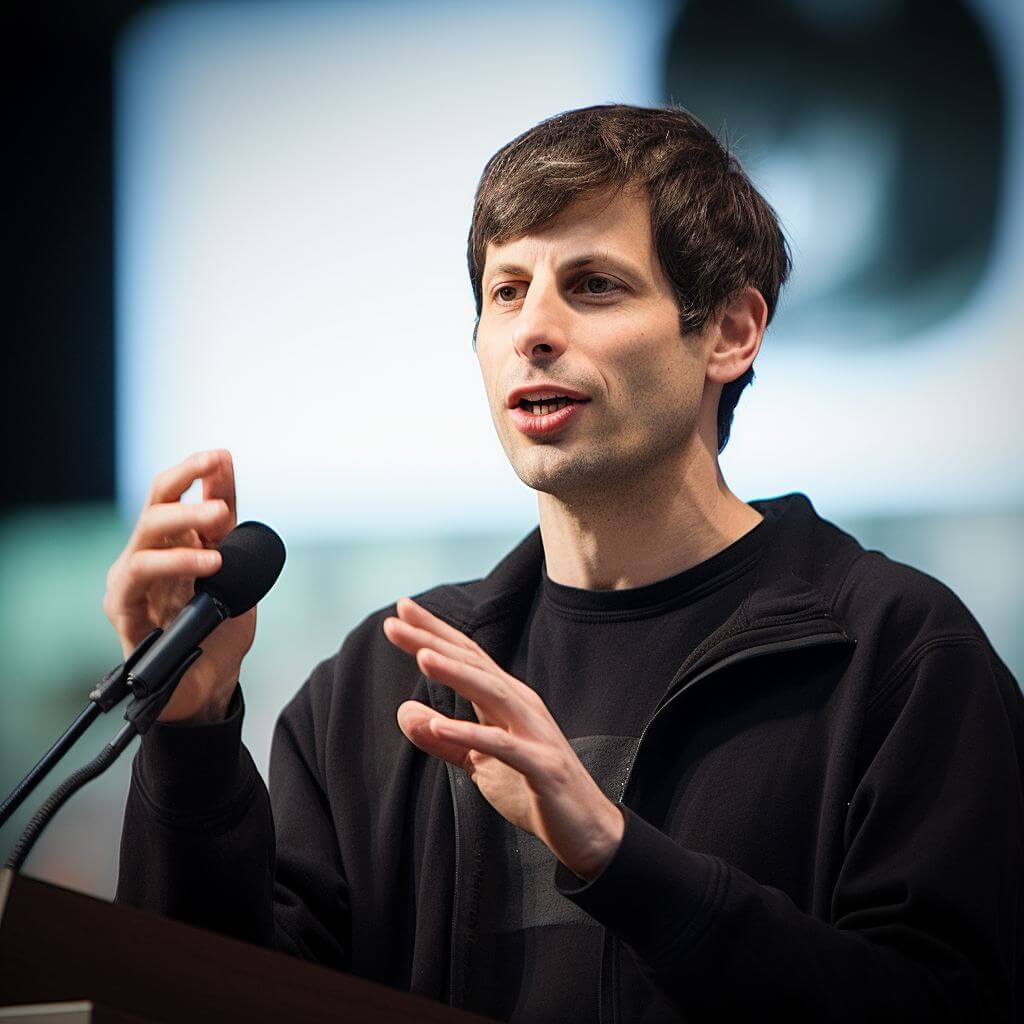In a move reminiscent of Silicon Valley’s turbulent past, the ChatGPT powerhouse Open AI sent shockwaves through the digital landscape as it announced the sudden departure of its co-founder and CEO, Sam Altman.
Altman, a prominent entrepreneur, took to X (formerly Twitter) to share the surprising news, leaving the online community in a state of collective disbelief. The announcement, laden with a sense of deja vu, sparked immediate comparisons to the historic removal of Apple’s iconic co-founder, Steve Jobs.
Sam Altman’s removal – A familiar narrative with Steve Jobs echoes
The news of Altman’s ousting reverberated across social media platforms, with users drawing uncanny parallels to Steve Jobs’ tumultuous history with Apple. The resemblance between Altman’s departure and Jobs’ iconic exit in 1985 fueled discussions about creative differences and power struggles within tech giants. One X user expressed their anxiety about partnerships, citing Altman’s firing as a reminder of the unpredictability entrepreneurs face.
The user expressed a fear of potential downsides in partnerships, drawing parallels to the historical context, stating that the situation resonated with the unease of starting a company only to face termination years later, reminiscent of Steve Jobs’ experience.
As word of the event rapidly circulated, users on the platform echoed a similar sentiment. One user, struck by the apparent parallels, likened Sam Altman’s situation to the narrative of Steve Jobs, dubbing it as “the next Steve Jobs story.” This comparison gained momentum as another user on the platform questioned whether Altman’s dismissal from OpenAI, citing a loss of confidence from the board, mirrored the historic moment when Steve Jobs was ousted in 1985, raising the intriguing possibility of a full circle scenario.
In the midst of the widespread reactions, a supporter mourned Altman’s removal, characterizing him as a transformative figure in the era of artificial intelligence. The fan expressed sadness over the Open AI board’s decision, noting in a tweet that Altman had played a significant role in shaping the AI landscape. The idea of Altman’s ‘second act,’ reminiscent of Steve Jobs’ return to Apple, struck a chord with the online community, creating a shared narrative of historical resonance.
Entrepreneurial cautionary tale
In the eyes of one user, Altman’s dismissal served as a cautionary tale for aspiring entrepreneurs, underlining the unpredictable nature of venture capital and the significance of retaining control. The user commented on Altman’s removal, stating that despite his instrumental role in elevating OpenAI’s value from zero to $80B, he found himself ousted.
This, according to the user, exemplified the inherent volatility of venture capital, where one’s position can swiftly transition from being in favor to out of the picture. The underlying advice suggested that founders and CEOs should be mindful of working not solely for themselves but also for the board of directors, forming a crucial lesson in entrepreneurial dynamics.
In a more lighthearted tone, some users humorously noted that the first job claimed by AI was that of its creator, Sam Altman. The quirky observation added a touch of levity to an otherwise somber discourse. Others speculated that, like Jobs, Altman might be invited to rescue the company from potential turmoil in the future, creating a cyclical pattern reminiscent of the tech industry’s past.
As the digital community grapples with the unexpected turn of events, one cannot help but wonder about the intricate dynamics at play within tech behemoths. The eerie similarity between Altman’s exit from Open AI and Jobs’ departure from Apple raises questions about leadership, innovation, and the unpredictable nature of the tech industry. Could Altman’s removal signify a recurring pattern in the world of artificial intelligence, or is it a unique chapter in Open AI’s evolution? Only time will unveil the true narrative behind this unexpected twist, leaving us to ponder the lessons learned from the past and the potential implications for the future.





